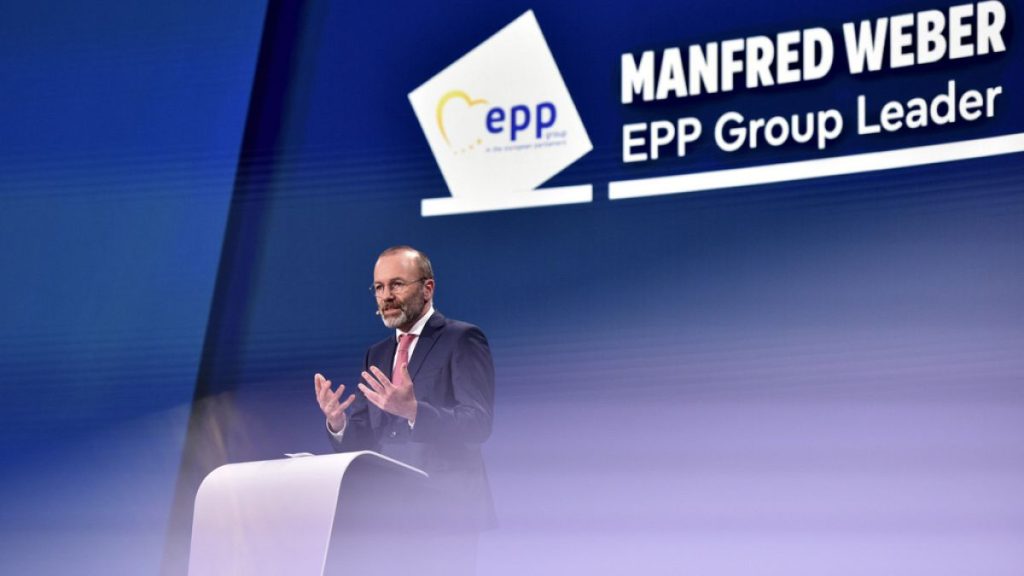The leader of the centre-right European People’s Party, Manfred Weber, has called for Italy to be included in EU decision-making processes. This comes in response to complaints from Italian Prime Minister Georgia Meloni, who criticized the lack of transparency in recent negotiations for top EU positions. The six key negotiators had previously agreed on a slate of candidates, without properly involving Italy. Weber emphasized Italy’s importance as the third largest country in Europe and a member of the G7, stating that their position should be taken into account in European decision-making.
Meloni expressed frustration with the exclusion of Italy from the decision-making process, calling it “surreal” that names for top EU posts were proposed through bilateral talks without open discussion. This lack of transparency led her to consider abstaining from the final decision made by the European Council, a move that could potentially disrupt the consensus-building process. Meloni’s concerns highlight the need for more inclusive and democratic decision-making within the EU, particularly when it comes to appointing key leadership positions.
Weber also urged European socialists to endorse Ursula von der Leyen as the Commission President, calling for a grand alliance between the EPP and leading socialist parties. He emphasized the importance of key socialist leaders, such as Scholz, Sánchez, and Schlein, publicly supporting von der Leyen’s candidacy to provide clear direction to their delegations. This call for unity among European political parties reflects Weber’s efforts to build bridges and promote constructive dialogue at the European level, following Meloni’s election as Italian Prime Minister.
The EU treaties allow for decisions to be made by qualified majority, but leaders typically seek consensus when deciding on senior posts. Meloni’s criticism of the lack of consultation in recent negotiations underscores the need for greater transparency and inclusivity in the EU decision-making process. Weber’s call for Italian inclusion in decision-making and his outreach to Meloni and other European leaders signal a commitment to fostering dialogue and collaboration across political divides to address key issues facing the EU.
Overall, the recent discussions among European leaders regarding top EU positions highlight the importance of transparency, inclusivity, and consensus-building in the decision-making process. The concerns raised by Italian Prime Minister Georgia Meloni and the response from EPP leader Manfred Weber underscore the need for greater dialogue and collaboration among European political parties to ensure that decisions reflect the interests of all member states. As EU leaders continue to work towards appointing key positions, it is essential that they prioritize open discussion and engagement with all member states to build a stronger and more united European Union.


